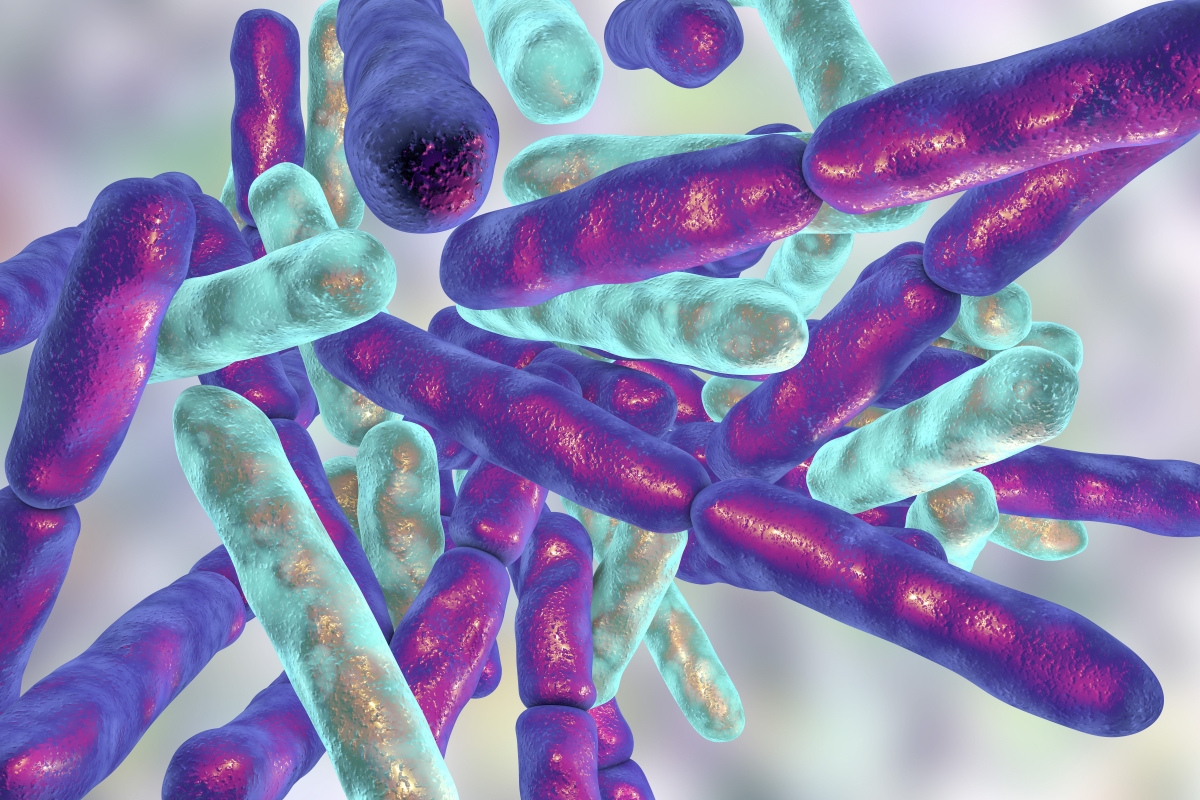Lost in translation? The potential psychobiotic Lactobacillus rhamnosus (JB-1) fails to modulate stress or cognitive performance in healthy male subjects
With promising preclinical data on the probiotic species Lactobacillus rhamnosus (JB-1), this 2017 randomized controlled trial examined the probiotic on stress-related behaviours, physiology, inflammatory response, cognitive performance and brain activity patterns in a healthy human population. This was a 8-week long, randomized, placebo-controlled, cross-over trial involving 29 male volunteers. Cognitive assessments and resting electroencephalography (EEG) were taken, while participants also self-reported stress measures for this experiment. Subjective stress measures were assessed before, during and after a socially evaluated cold pressor test (SECPT), and salivary cortisol was determined by ELISA. Other measures included plasma IL10, IL1β, IL6, IL8 and TNFα levels and whole blood Toll-like 4 (TLR-4) agonist-induced cytokine release. The results showed no differences in mood, anxiety, stress or sleep quality between the groups, and no significant anti-inflammatory effects or great benefit in taking the probiotic over placebo in terms of subjective stress measures and HPA response to the SECPT. Moreover, no improvement was observed regarding visuospatial memory performance, attention switching, rapid visual information processing, emotion recognition and associated EEG measures. The promising preclinical data could not be replicated in a human sample in this study, but interventional studies are encouraged to analyze this psychobiotic in people with stress-related disorders. [NPID: probiotics, gut-brain axis, gut microbiota, gut bacteria, microbiota, gut microbiome, inflammation, stress, cortisol, anxiety, sleep, sleep quality]
Year: 2017
 Navigation
Navigation






